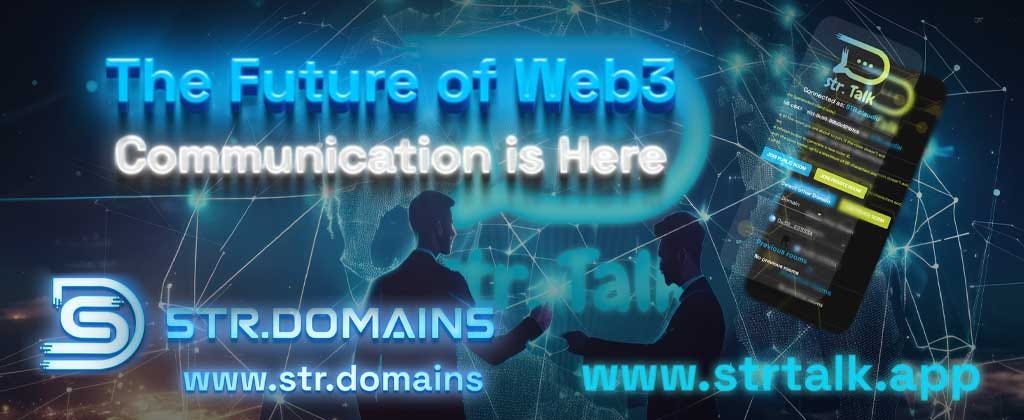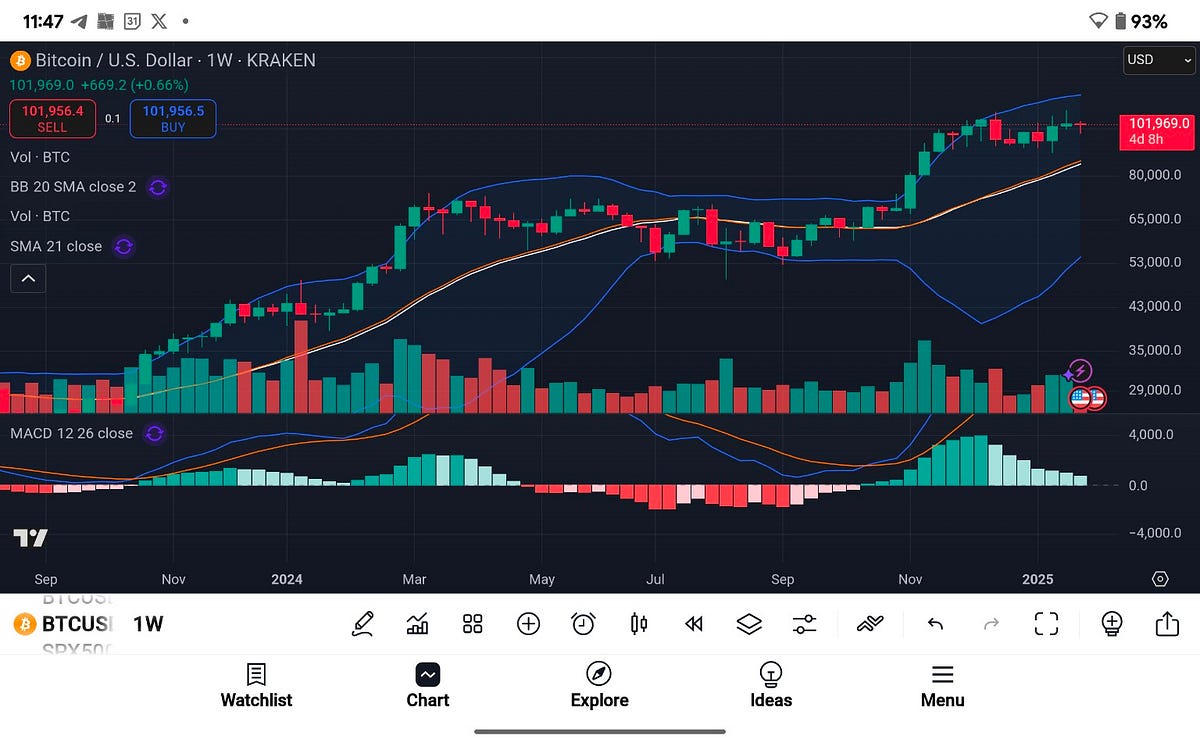
Our digital world is changing more dramatically than it ever has, and that also impacts our ways of connecting and communicating online. Web3 is here, and it comes with a rethinking of how people interact, transact, and build trust in digital spaces.
For decades, in Web2, we’ve been communicating online through centralized platforms, where control lies with large corporations. They dictate how we connect, monitor our conversations, and store our data. This model has not only limited our freedom but also exposed us to privacy violations, data breaches, and manipulation. Going from Web2 to Web3 means moving away from centralized systems, where a few corporations hold control, to a decentralized internet that hands ownership, control, and privacy back to individuals.
Web3 communication networks utilize various technologies, including blockchain, peer-to-peer (P2P) systems, distributed hash tables (DHTs), and mesh networks, to ensure decentralized and efficient communication. Some blockchain networks like SourceLess incorporate a decentralized networking layer for extra strength and resilience.
In P2P networks, nodes establish direct connections with one another, offering enhanced privacy, reduced latency, and minimal dependence on central servers.
Distributed Hash Tables (DHTs) are decentralized systems that store key-value pairs across multiple nodes, enabling efficient data routing and storage within P2P networks while offering fault tolerance.
Mesh networks, on the other hand, are decentralized systems where nodes act as relays, transmitting messages through multiple pathways. This structure makes them highly resilient, fault-tolerant, and easily scalable.
Why Decentralized Communication?
The benefits of Web3 communication go beyond technical improvements. In decentralized systems, there’s no single point of failure, making them more resilient to cyberattacks. According to recent studies, 74% of users globally are concerned about data privacy and seek greater control over their digital interactions.
Decentralization: Web3 messaging operates on peer-to-peer networks, eliminating central servers or intermediaries. Users communicate directly, enhancing privacy, security, and control over data. However, decentralization also widens data access, potentially increasing risks if security measures are weak.
Security: Web3 mandates advanced security features like end-to-end encryption and digital signatures, often missing in traditional protocols. It also aims for censorship resistance, ensuring only data owners can access their messages.
Interoperability: Designed for seamless integration with other decentralized apps and protocols, Web3 messaging enhances cross-application communication and collaboration.
Decentralized Storage: Messages are stored across distributed nodes, not central databases, boosting redundancy and resilience against data loss or corruption.
Web3 Solutions for Next-Level Communication: STR Domains + STR Talk
STR Domains: Your Digital Identity in Web3
In Web3, your identity is the digital representation of who you are across platforms. STR Domains serve as secure, user-controlled identities that streamline access and interaction across the Web3 ecosystem. They enable users to consolidate multiple aspects of their digital life — messaging, financial transactions, and personal data — under one secure domain.
For businesses, STR Domains offer a credibility layer in the decentralized world. They act as an anchor for branding and secure communications. For individuals, they provide a seamless way to manage interactions without passwords or third-party controls.
STR Talk: A Secure, Decentralized Messaging Solution
STR Talk builds on the principles of privacy and security, offering encrypted messaging directly linked to your STR Domain. Traditional communication apps rely on centralized servers, leaving users exposed to risks like hacking and surveillance. STR Talk removes these vulnerabilities by decentralizing communication, ensuring conversations stay private and inaccessible to anyone but the intended participants.
STR Talk offers:
- End-to-End Encryption: Every message is encrypted, safeguarding your communication.
- Decentralized Storage: Your conversations aren’t stored on a single server, removing single points of failure.
- No Passwords: Your STR Domain handles authentication, simplifying access without compromising security.
Whether it’s sensitive business discussions or personal chats, STR Talk ensures your data is yours alone.
The Challenges of Web3 Business Communication Today
Despite blockchain’s promise of transparency and efficiency, Web3 businesses struggle more than their Web2 counterparts. They lack a direct, private communication channel tied to wallets, forcing them to juggle fragmented Web2 tools and chaotic on-chain activities.
Disconnected Communication: Web3 businesses work harder to cut through the noise of social and community channels. During outages or technical issues, updates often get buried in social feeds, leaving critical information unnoticed. Algorithms prioritizing trending topics make meaningful customer connections even harder.
Reliance on Web2 Channels: Depending on traditional platforms compromises privacy and forces constant verification. Is that social account tied to the real .eth identity? Without secure, wallet-based messaging, businesses face risks and inefficiencies.
Impact on Engagement: The lack of secure, automated tools limits Web3 businesses’ ability to communicate effectively, undermining user privacy, engagement, and operational coordination.
Wallet-Based Messaging for Web3 Businesses
The SourceLess ecosystem enables secure, direct wallet-to-wallet messaging. Its account structure and Web3 inbox offer end-to-end encrypted, verifiable communication between Web3 identities (via STR Domains) or blockchain addresses using standard HTML email formats. SourceLess tackles previously unresolved challenges like multi-protocol messaging and unifying communications without sacrificing privacy.
STR Domains + STR Talk: Wallet-to-Wallet Group Messaging
Web3 businesses thrive on mass engagement. As they grow, they need seamless communication with countless wallets across any chain. The STR Domains and STR Talk combo enables scalable, wallet-based group messaging, ensuring cross-chain expansion doesn’t hinder communication.
This unified system lets Web3 users manage communications across all their identities and protocols in one secure, streamlined platform.
SourceLess: A Vision for Secure, User-Centric Communication
With STR Domains and STR Talk, SourceLess provides a comprehensive ecosystem that empowers users to regain control over their digital interactions — a movement toward decentralized, secure communication for everyone.
The future of communication is decentralized. Join the movement with STR Domains and STR Talk and experience secure, user-controlled interactions in Web3.
https://www.str.domains
https://www.strtalk.app
The Future of Digital Communication in the Web3 Era was originally published in The Capital on Medium, where people are continuing the conversation by highlighting and responding to this story.

 2 months ago
39
2 months ago
39









 English (US) ·
English (US) ·